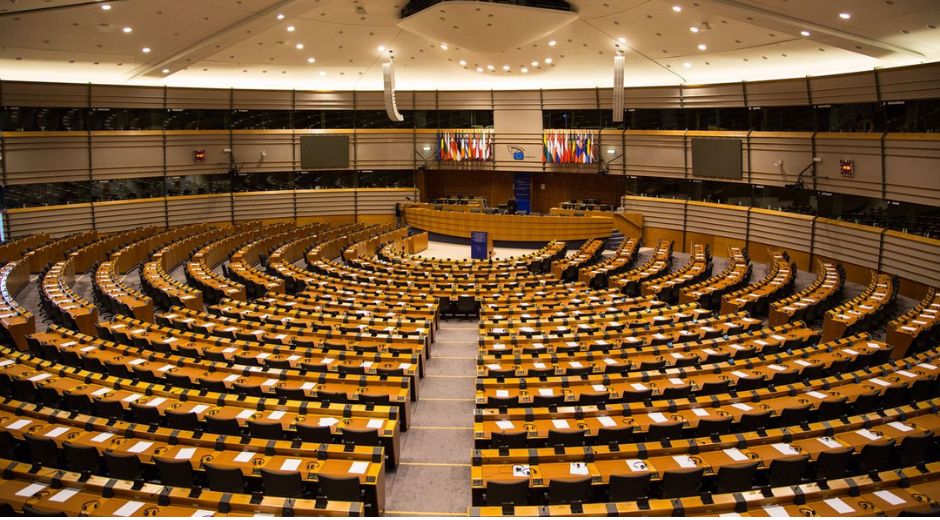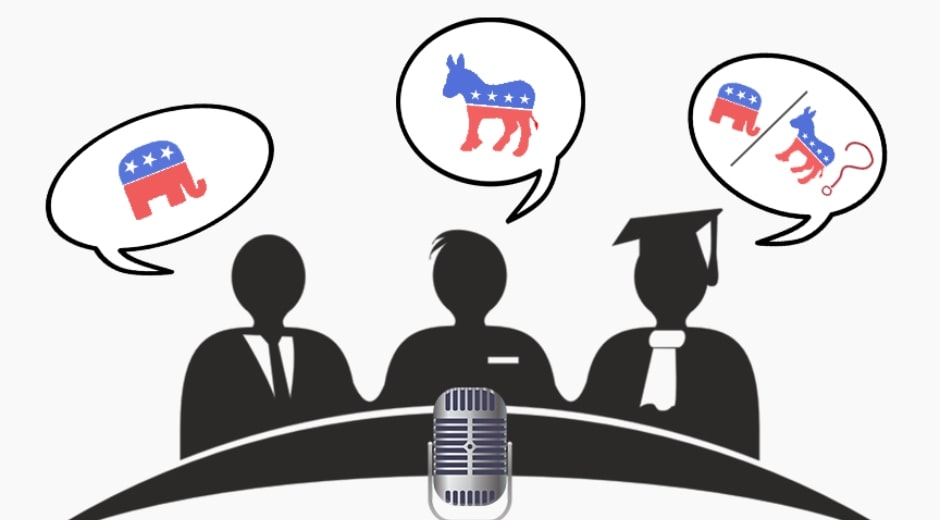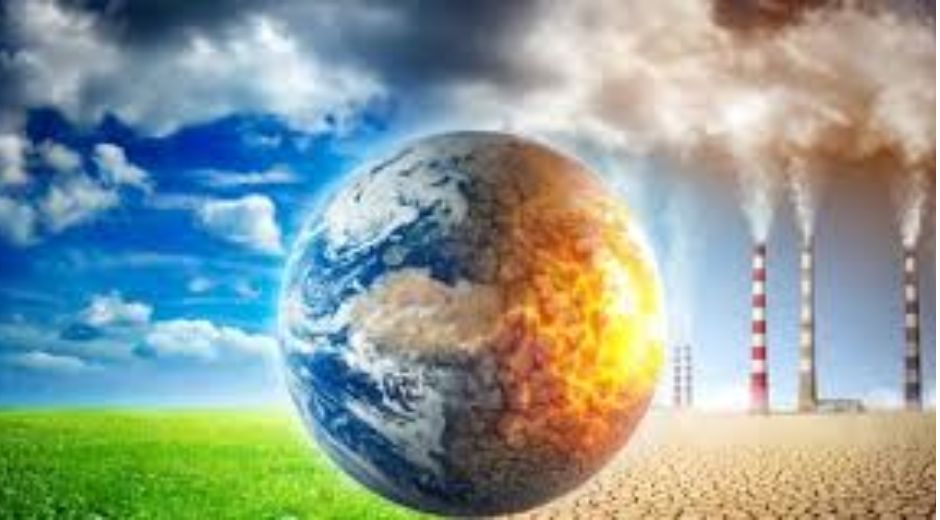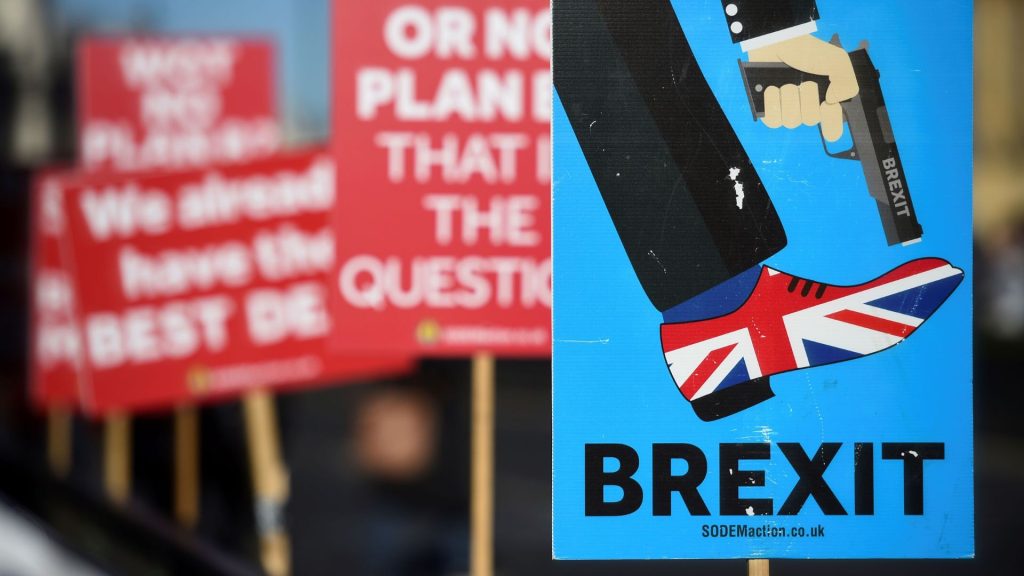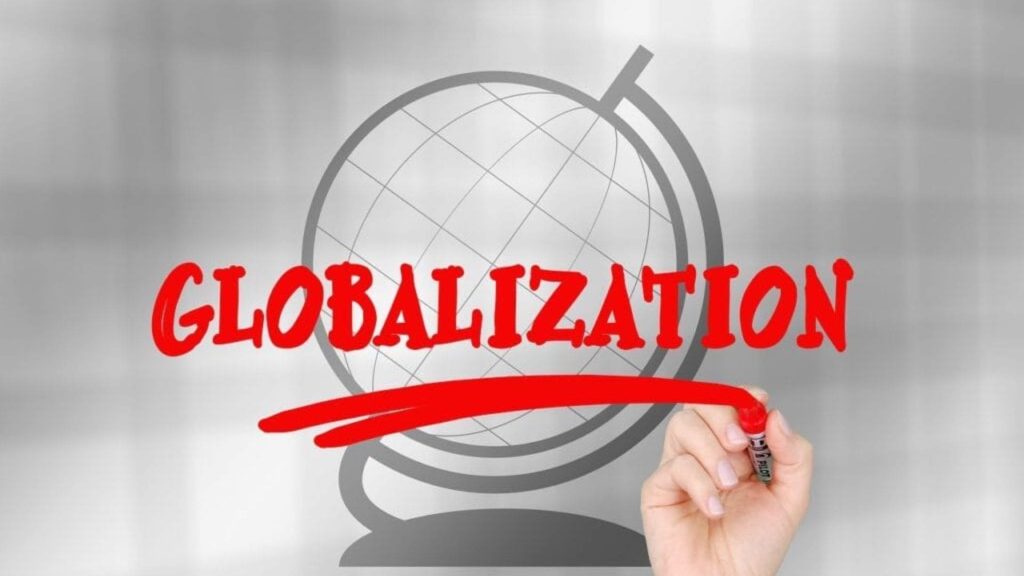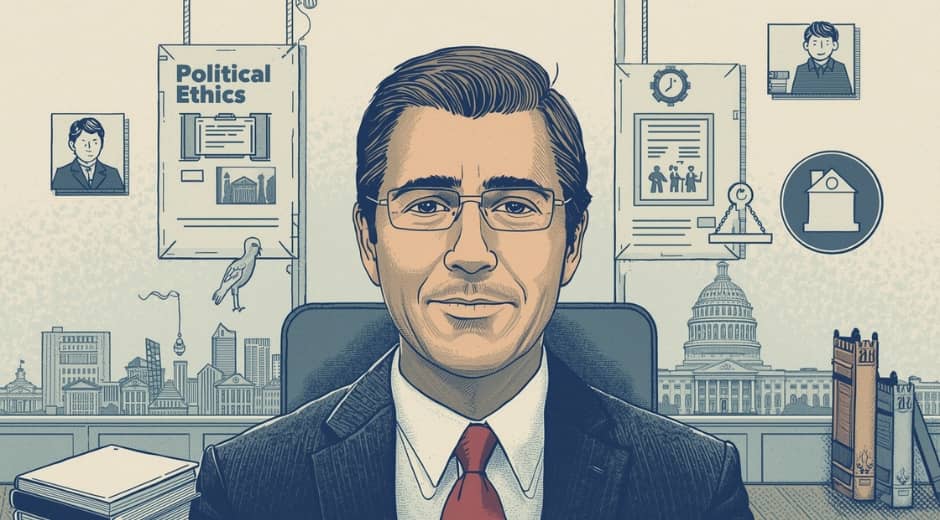Shocking Culture & Politics: How Society Shapes Political Conversation
Shocking Culture & Politics: How Society Shapes Political Conversation
In today’s rapidly evolving world, the intricate relationship between culture and politics plays a pivotal role in shaping societal dynamics. From the music we listen to, the movies we watch, to the values we uphold, culture influences our political beliefs and actions. Conversely, political decisions and policies can significantly impact cultural expressions and norms. Understanding the interplay between culture and politics is essential for comprehending the forces that drive public opinion, social movements, and policymaking. This article delves into the profound ways culture and politics intertwine, examining how societal values and political ideologies influence each other, often in ways that are shocking, subtle, and deeply consequential.
The Symbiotic Relationship Between Culture and Politics
Culture encompasses the shared beliefs, practices, norms, and values of a society. Politics, on the other hand, involves governance systems, policies, and power structures that guide a nation. These two domains are deeply interconnected, shaping each other in continuous feedback loops.
-
Cultural Influence on Politics: Societal values and norms often shape political ideologies and policy decisions. Movements advocating for civil rights, gender equality, environmental conservation, and LGBTQ+ rights stem from cultural shifts that challenge existing political frameworks. For instance, the rise of youth activism in climate change demonstrates how cultural awareness can transform political priorities, leading governments to adopt progressive environmental policies.
-
Political Influence on Culture: Policies and laws enacted by governments can alter cultural practices. Legislation on issues like marriage equality, freedom of expression, and education reforms can redefine cultural norms and societal behaviors. Governments that restrict media or artistic expression can stifle cultural evolution, whereas policies that promote diversity can empower marginalized communities to shape cultural narratives.
The bidirectional nature of culture and politics underscores that neither operates in isolation. Political ideologies often reflect underlying cultural values, while cultural expression provides a lens through which political debates are interpreted.
Historical Context: Culture and Politics in Action
The interplay between culture and politics has shaped history across continents:
-
Civil Rights Movement (1960s): In the United States, cultural shifts regarding race and equality led to political activism, culminating in landmark legislation like the Civil Rights Act of 1964. Music, literature, and visual arts served as vehicles for expressing societal frustrations and aspirations, amplifying the political impact of cultural movements.
-
Art and Political Expression: Artists have long used their work to comment on political issues. Street art, theater, and literature have historically challenged authority, provoked dialogue, and inspired activism. Consider how protest songs during the Vietnam War influenced public sentiment, ultimately shaping political decisions.
-
Global Perspective: In countries like India and South Africa, cultural movements—through cinema, literature, and music—have played pivotal roles in influencing political agendas, from anti-apartheid movements to social reform campaigns.
These examples demonstrate that culture is not just a reflection of politics but an active participant in shaping it.
The Role of Media and Technology
In the digital age, media and technology have amplified the relationship between culture and politics, making cultural trends more visible and politically impactful.
-
Social Media Platforms: Platforms like Twitter, Facebook, and Instagram have become arenas for political discourse. Viral cultural movements can quickly influence political agendas, as seen with hashtags promoting climate activism, human rights, or electoral transparency. Social media not only spreads cultural ideas but also mobilizes political participation, enabling ordinary citizens to impact policy debates.
-
Digital Activism: Hashtags and online campaigns demonstrate how digital culture shapes political landscapes. Movements such as #MeToo, #BlackLivesMatter, and global environmental campaigns illustrate that cultural awareness online can drive real-world political change.
-
News and Information: Online news portals, blogs, and forums, such as StudySkillUp, provide citizens with access to educational content that informs political understanding, reinforcing the link between culture, education, and political literacy.
The speed and reach of digital communication have created a landscape where cultural trends can rapidly become political forces, influencing elections, public opinion, and policy debates.
Challenges and Controversies
While the fusion of culture and politics can lead to positive change, it also presents challenges and controversies:
-
Polarization: Cultural issues often become politicized, leading to societal divisions. Debates over immigration, LGBTQ+ rights, climate change, or religious expression can polarize communities, making constructive dialogue difficult. Political actors may exploit cultural divides to consolidate power, creating further tension.
-
Censorship and Control: Governments or institutions may attempt to suppress cultural expressions that challenge dominant political ideologies, restricting freedom of expression. From banning books to regulating artistic content, such measures highlight the tension between cultural creativity and political authority.
-
Misinformation: In the age of social media, cultural narratives can be manipulated to spread misinformation or propaganda, influencing political outcomes. Distinguishing authentic cultural discourse from orchestrated campaigns is an ongoing challenge for societies worldwide.
Recognizing these challenges is vital for fostering informed citizenship and maintaining democratic engagement.
The Future of Culture & Politics
As societies continue to evolve, the interplay between culture and politics will remain crucial. Emerging cultural trends—driven by technology, global connectivity, and demographic changes—will shape political agendas in unexpected ways.
-
Youth Influence: Younger generations are more culturally and politically active than ever, using digital platforms to amplify their voices. Their engagement will redefine political priorities, from environmental sustainability to social justice.
-
Globalization: Cross-cultural interactions will influence domestic politics, as ideas, values, and norms spread internationally. Cultural exchange can foster empathy and understanding but may also create friction when local traditions clash with global trends.
-
Policy Implications: Policymakers who understand the power of culture can craft more effective and inclusive policies. Encouraging cultural dialogue, supporting artistic expression, and valuing diverse perspectives are crucial steps toward a cohesive society.
The dynamic relationship between culture and politics underscores the importance of understanding how societal values and political ideologies influence each other. Culture shapes political discourse, while politics shapes cultural norms, creating a continuous feedback loop. By fostering open dialogue, promoting diverse perspectives, and respecting cultural expression, societies can harness this relationship to drive progress and inclusion.
For further exploration of how societal values influence political landscapes, visit Politicxy. Additionally, educational resources on civic awareness and social change can be found at StudySkillUp.
Recognizing the power of culture in shaping politics is not just academic—it is essential for informed citizenship and a more harmonious, engaged society.
For further exploration of how societal values influence political landscapes, visit Politicxy.
The Pulse of Politics
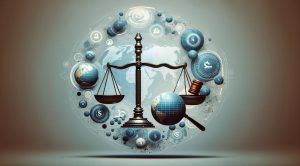
Sanctions Policy As A Non Military Tool Of Pressure
Sanctions Policy As A Non Military Tool Of Pressure

Information Warfare In Politics And The Fight For Truth
Information Warfare In Politics And The Fight For Truth

Democratic Backsliding, Early Warning Signs To Watch
Democratic Backsliding, Early Warning Signs To Watch
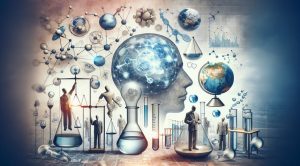
Policy Experiments Tested Locally Before National Adoption
Policy Experiments Tested Locally Before National Adoption
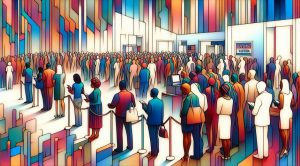
Voting Access Barriers And How They Affect Turnout
Voting Access Barriers And How They Affect Turnout
